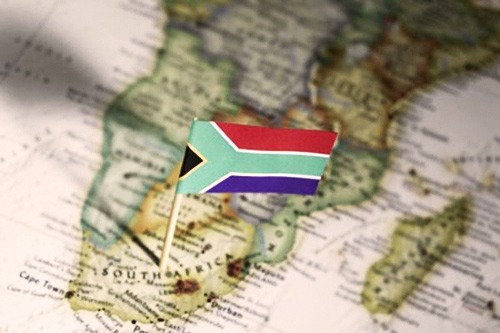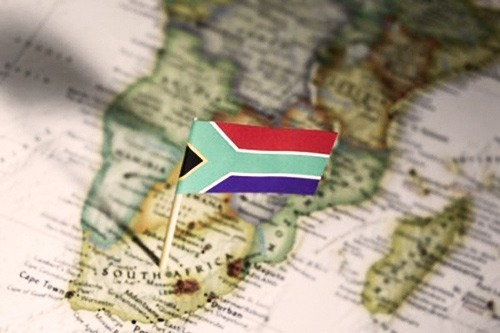
This has been a tough year for the global economy and this is reflected in credit ratings for governments.
For instance, Moody’s reports that it assigned a negative outlook for 26 percent of the countries it rates, the largest proportion since 2012. Only 9 percent of the countries that Moody’s rates have a positive outlook.
This is due to low economic growth, high public-sector debt, difficult politics and the risk of capital outflows from emerging markets. South Africa has managed to maintain an investment grade rating from all three major rating agencies, though with a negative outlook. The agencies are most concerned with the country’s economic growth prospects. They have also pointed to rising political risk.
What is the role of entrepreneurs in helping to stave off a downgrade next year?
The ability of small and entrepreneurial companies to persevere in difficult economic times will contribute positively to economic growth and job creation. Entrepreneurs also produce innovations that can raise productivity. Supportive investments by government in public infrastructure and policy measures to lower barriers to economic participation are necessary to optimize the contribution of small and entrepreneurial firms. However, there is risk that such measures will be rolled out very slowly.
The outcomes of the ratings reviews are positive for entrepreneurial growth. The cost of credit will not rise in the near future and international investment into the country has not been deterred. However, the challenges in the economy can be seen in high unemployment, out of bound inflation, slow retail trade sales growth and a contracting manufacturing sector.
South Africa, as an emerging market with significant investment and trade ties with the United States, needs to come to terms with a Trump presidency. This may spell years of economic volatility.
The incoming president’s attitude towards international trade is, on the surface, hostile as he took issue with the kinds of trade deals and arrangements that America is involved in. He sees this as benefiting counterparties such as China and Mexico at the expense of American production and jobs.
For South Africa, this negative sentiment towards emerging markets will hit hard, as the Rand becomes volatile in times of uncertainty towards developing countries. Trump appears to have limited insight into the developing world. However, as a businessman, he might grow into a pragmatic approach to trade and investment as the dust of his campaign settles.
About the author: Trudi Makhaya is CEO of Makhaya Advisory and a consulting economist to Mercantile Bank.






